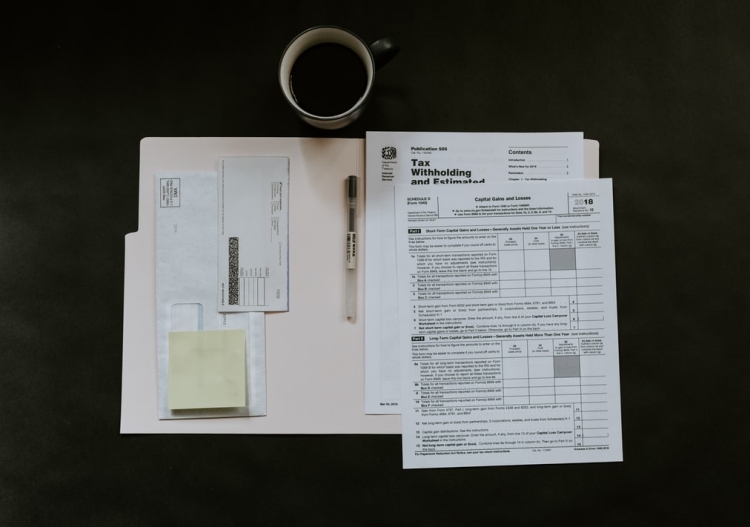Your day started with high-fives. Fist-bumps. Phone calls from friends and colleagues to congratulate you on making it through the arduous interview process that’s taken weeks to complete. Now, it’s just a matter of waiting for the “official” job offer and sealing the deal. Then, your phone rings, and it’s your prospective employer alerting you to the fact that the final step in the hiring process is a background check for employment.
Before you panic, take a deep breath. Relax. Chill out, and realize that regardless of what may be discovered in your employment background check, there are many things you can do proactively to ensure your dream job will still be yours. You may be worried about a misdemeanor or other legal problem that happened years ago. Or it may be credit issues from a nasty divorce or identity theft. No matter what you’re worried about, learning how the process works and what you can do about the background check will help you through the entire process.
Here’s some background on background checks

Source: unsplash.com
Why do companies even do background checks as part of the employment process? As you can see in this article from OneRep, they want to know that the person they’re hiring is not going to be a liability to the company. For example, if you’re being hired for a position that deals with finances and money, is there anything in your background that would be a red flag – that this is really not the job for you because of past embezzlement charges. Another example would be that you’re being hired for a position that exposes you to classified information, and the company wants to be certain that nothing in your background would cause them to worry or concern about you stealing sensitive data from the company’s files. It’s all about protection, for the company and its employees.
If you’re being considered for a manager position, is there anything in your work history that would show you’re violent or have had previous employees sue you? These are all fair questions that only a thorough employment background check would reveal. Background checks will show any arrests, warrants, pending cases, sex offenses and so much more. It will show any type of jail or prison time spent as an adult.
Where do background check agencies get their information? The answer is from a variety of sources. They scour people-search sites to view all types of unauthorized personal and financial information. They’ll comb through all of your social media postings – from as far back as when you first started posting. Furthermore, they’ll do credit bureau checks to review your credit history, sort through criminal databases and so much more. This is how they compile a complete profile of the person they want to hire – just to be sure that you won’t be a liability to the company on your first day of employment. Read more here about the best background checking services.
Be proactive – What to do before the background check begins

Knowing that you’ll be put under a virtual microscope is a benefit to you, because there are things you can do to make sure whatever information is discovered is information you wouldn’t mind the employer seeing. Because people-search sites contain so much unauthorized information about you, start by deleting anything and everything from all people-search sites, like Whitepages, ZoomInfo and US Search. There are more than 100 of those sites, and each one has their unique methods of deleting information and opting out.
Social media sites are your next target. Review every site, from Facebook to Instagram and every posting you’ve done – including every picture you’ve shared. What may have looked funny to you 5 years ago might not look funny to your prospective employer today. Regarding images, if you have an image that your family wouldn’t approve of, delete it. Take no chances, as studies show that over half of job applicants lose their opportunity due to postings on social media sites. If you’re not sure where some of the information about you is coming from, just Google yourself. Here’s why: Google only posts information about you taken from other websites – if you can remove that information, then Google will not show any information about you on their site. The more you can remove, the better off you are.

Source: unsplash.com
Also, be sure that the information you see is really about you – and not due to a person with a similar name or due to identity theft that may have happened to you. If you’ve been a victim of identity theft, be sure to inform your prospective employer and be prepared to show documentation that this happened. It’s the safest and smartest way to protect yourself from cybercrooks who are using your identity to cover their own misdeeds. Another smart move is to boost your LinkedIn profile. LinkedIn is the go-to site for business-to-business interactions, so if you can show that you’re connected to many business people in your industry it’ll make you look better. One way to boost your profile is to ask former employers and business colleagues to link to you, and to “like” any new posts you put on the site.
If you don’t currently have a website, it may be worth your while to put one up using WordPress or a similar web building application. Write about current industry topics and information that would be of value to others in your field. Having this available ahead of your background check will benefit you greatly. It’s just one more way you can demonstrate your knowledge and expertise to your potential employer. There is no magic bullet to use to make your employment background check pristine, but anything you can do to show yourself in a positive light will benefit you throughout your employment process. Following the tips and suggestions outlined above will give you a heads-up against other candidates.





